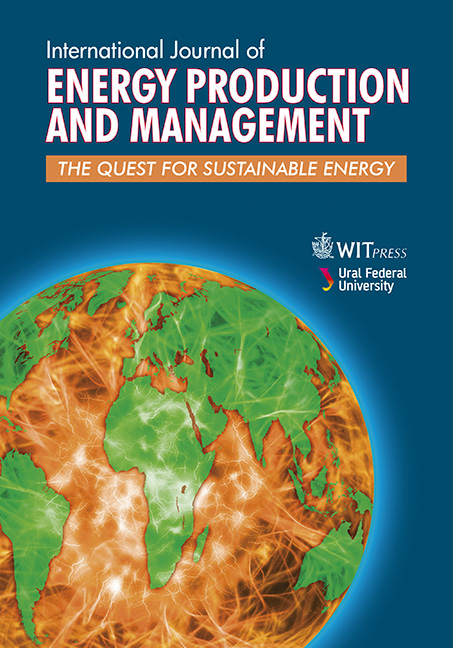Electrification in Industrial Revolution 4.0
Price
Free (open access)
Volume
Volume 5 (2020), Issue 4
Pages
12
Page Range
367 - 379
Paper DOI
10.2495/EQ-V5-N4-367-379
Copyright
WIT Press
Author(s)
Lazar D. Gitelman & Mikhail V. Kozhevnikov
Abstract
The article outlines new approaches to managing electrification that are driven by a radical transformation of scientific, technological, environmental, and economic conditions. These include spreading the use of electromechanical devices following the onset of a digital economy, the creation of highly efficient, small-scale power-generating units and lower cost of energy from renewable sources, wider economic collaboration between energy suppliers and consumers based on demand–response mechanisms, and stricter environmental regulations. The article defines the characteristics and trends of the new phase of electrification, assesses its contribution to economic growth and the environmental security of a region, and offers recommendations as to the optimization of the technological structure of the electric power industry in view of evolving requirements for greater reliability, environmental friendli- ness, and service support of power supply.
The authors bring out the principles of the provision of electricity to households in smart cities and identify the main areas of focus for increasing the economic efficiency of adopting innovative electrical technologies through a balance of national economic and business interests. A methodological toolkit has been designed for measuring the level of electrification in a region.
Keywords
demand-side management, electrical technology, electrification, industrial revolution, intelligent manufacturing, smart city, technological modernization.




